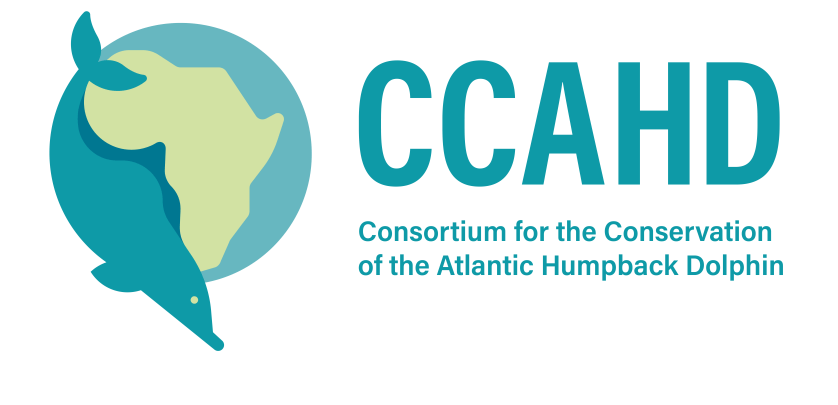TOGETHER FOR ATLANTIC HUMPBACK DOLPHINS: A REGIONAL GATHERING TO FOSTER COLLABORATION AND BUILD CAPACITY TO ADVANCE CONSERVATION ACTION FOR A CRITICALLY ENDANGERED SPECIES
LOCATION: CAMEROON
Gianna Minton, PhD
Consortium for the Conservation of the Atlantic Humpback Dolphin (CCAHD)
|
Aristide Takoukam Kamla, PhD
|
Cedrick Fogwan, Msc
|
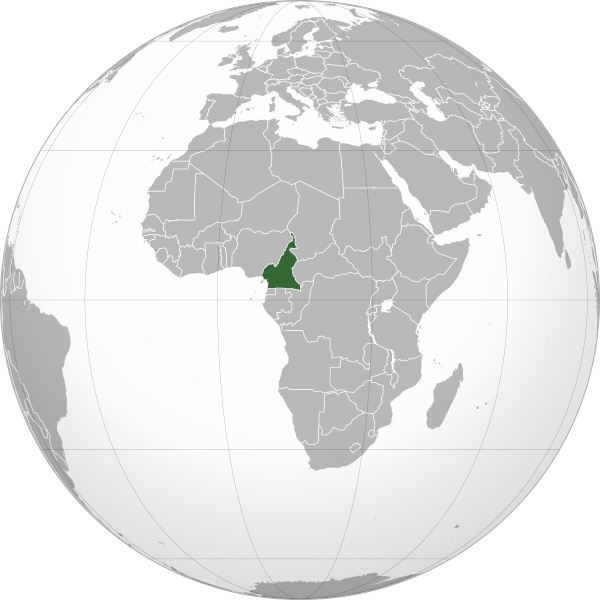
PROJECT SUMMARY
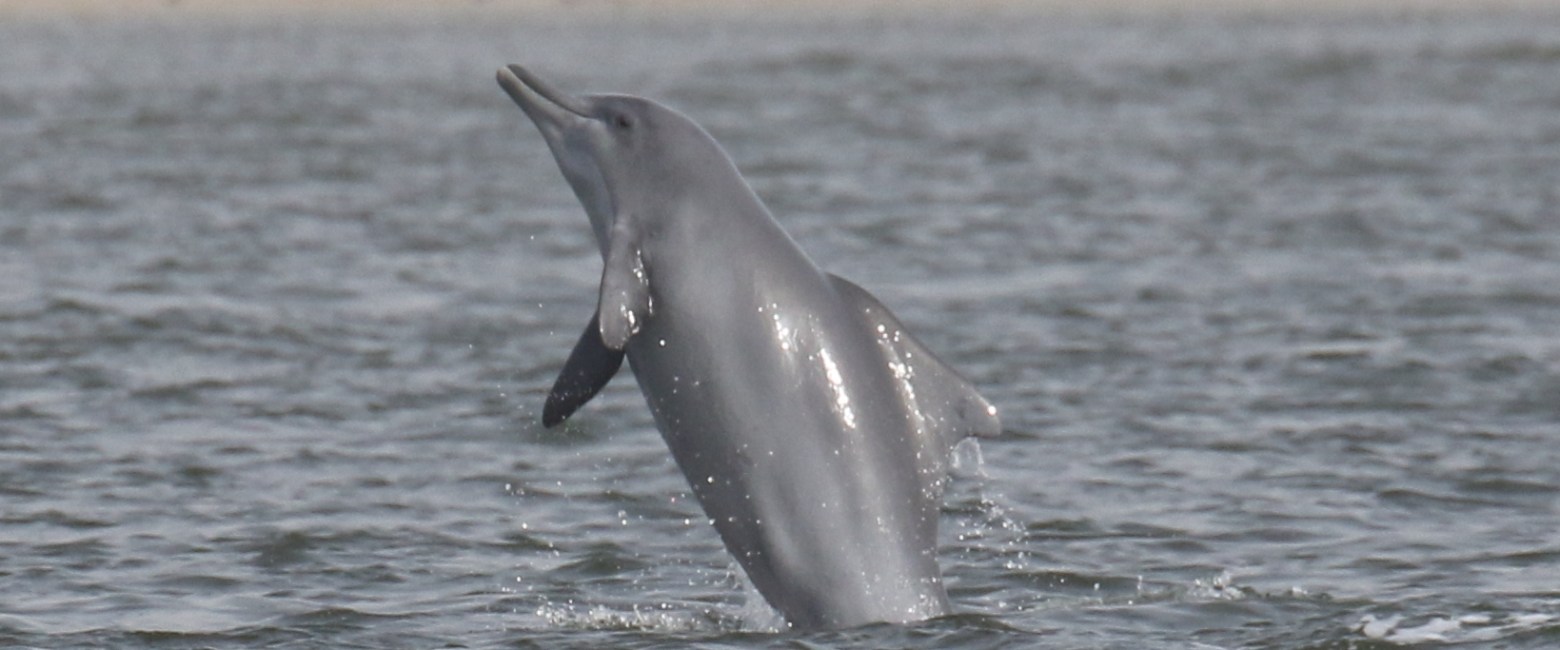
From December 2-7th, 2024, CCAHD partners from 13 Atlantic humpback dolphin range countries gathered in Kribi, Cameroon. The first in person meeting of the CCAHD partners aimed at strengthening collaboration among partners, building capacities and developing strategies to promote the conservation of the Atlantic humpback dolphins. The CCAHD meeting was held in parallel to the Fourth edition of ‘Street Whale’, an annual event organized by CCAHD partners, the African Marine Mammal Conservation Organization (AMMCO) in Cameroon.
The street whale event combines science, sport and culture to raise awareness of marine and coastal conservation among a broad range of stakeholders and collaboratively develop strategies for a better management of marine resources in Cameroon and the region.
The first in-person meeting of CCAHD range country partners was made possible through funding from Dolphin Quest and The International Whaling Commission (IWC).
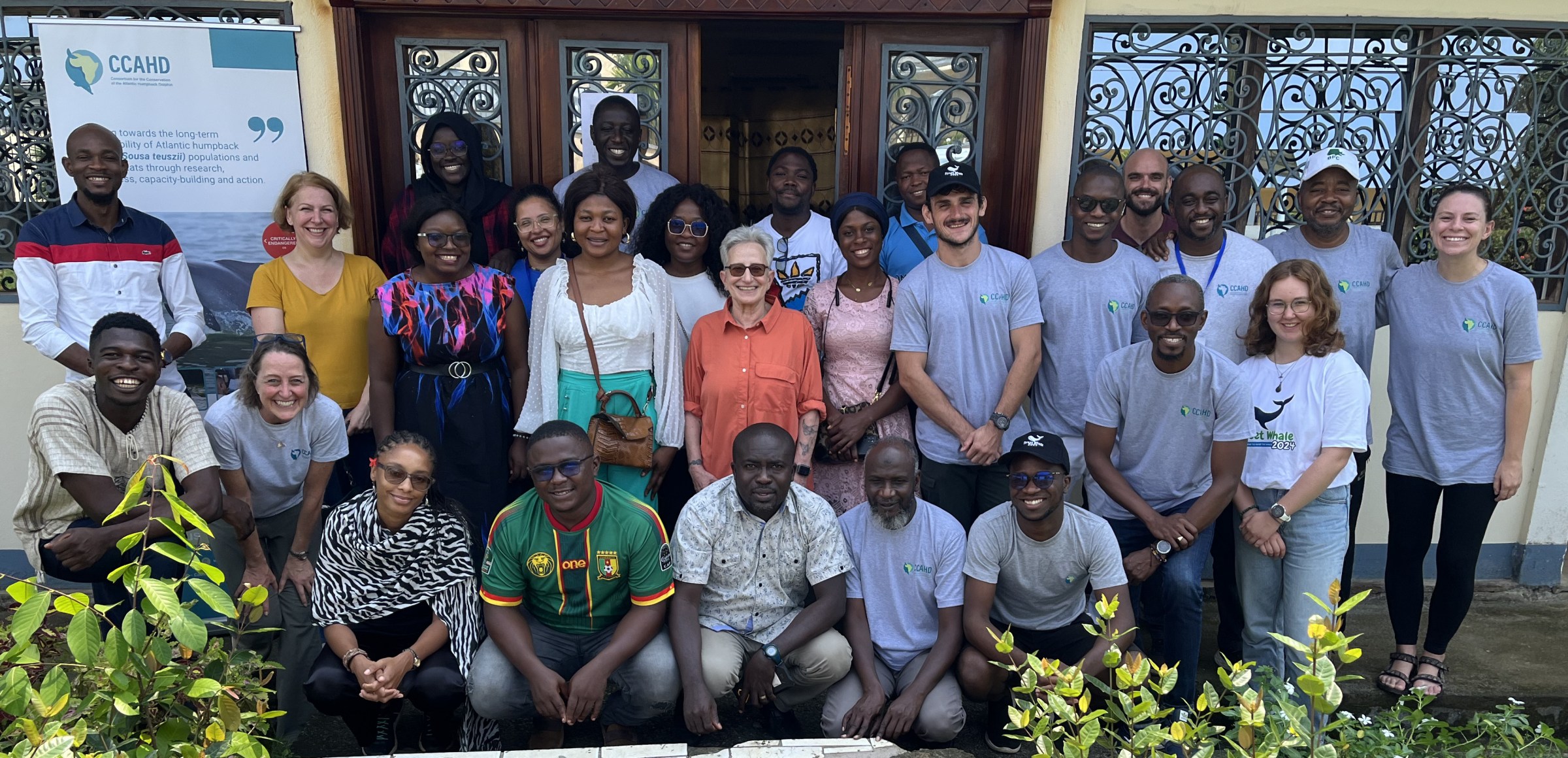
The meeting began on the 2nd and 3rd of December with a two-day theoretical and practical capacity-building workshop for CCAHD members only, led by Prof. Ellen Hines, and her colleague Dr. Sarah Farinelli. Following the ByRA training workshop, the CCAHD participants engaged fully in the main Street Whale regional event that brought together policymakers, marine conservation stakeholders, researchers, fishers, and others from 4th to 7th December 2024. In addition to plenary sessions on general marine and coastal conservation issues, CCAHD-specific sessions were led by experts on topics such as stranding response and data collection, boat-based cetacean survey methodology, legal and regulatory tools for dolphin conservation, conservation communication, and tips for successful grant proposal writing.
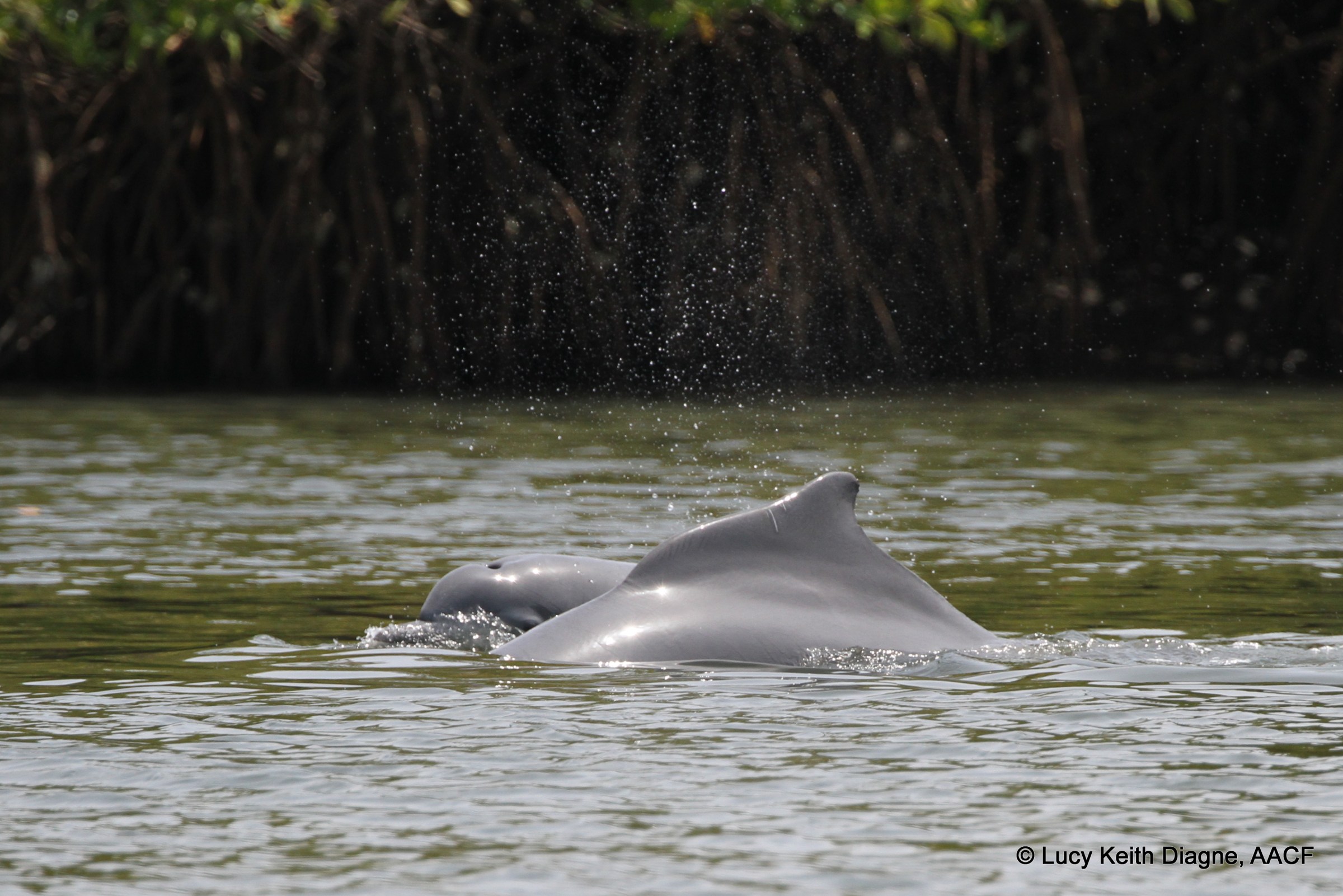
CCAHD partners and representatives of local Cameroonian and regional fisheries were also treated to demonstrations of a low-cost, low-tech method to reduce cetacean bycatch in gillnet fisheries using empty plastic drinks bottles. This technique was demonstrated by Dr. Federico Sucunza and fisherman Nene, who travelled all the way from Brazil to share their experience, courtesy of the Nuremberg Zoo, who have been long-term supporters of the CCAHD and also sponsor dolphin conservation work on the other side of the Atlantic Ocean.
The face-to-face meeting allowed CCAHD partners to strengthen their friendships and motivation for collaboration. Many participants volunteered their time to help advance CCAHD goals and objectives, and expressed their deep appreciation for the practical resources, support and sense of community and friendship that has developed through the CCAHD.
